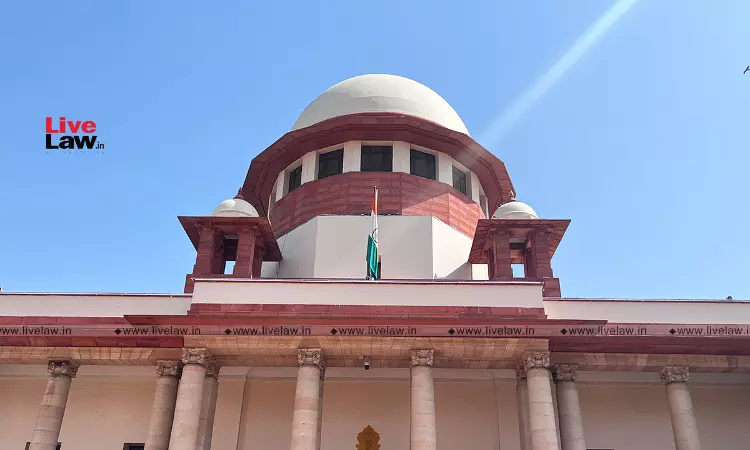SC Order Dismissing An Appeal Without Any Reasons Cannot Be Treated As Precedent : Supreme Court
Ashok KM
20 Aug 2023 12:35 PM IST

Next Story
20 Aug 2023 12:35 PM IST
The Supreme Court observed that its order dismissing an appeal without any reasons being recorded cannot be treated as a binding precedent.Precedents cannot decide questions of fact, the bench of Justices Sanjiv Khanna, Bela M. Trivedi and Ujjal Bhuyan observed in the judgment disposing appeal filed by M/s. Experion Developers Private Limited against the National Consumer Disputes...
